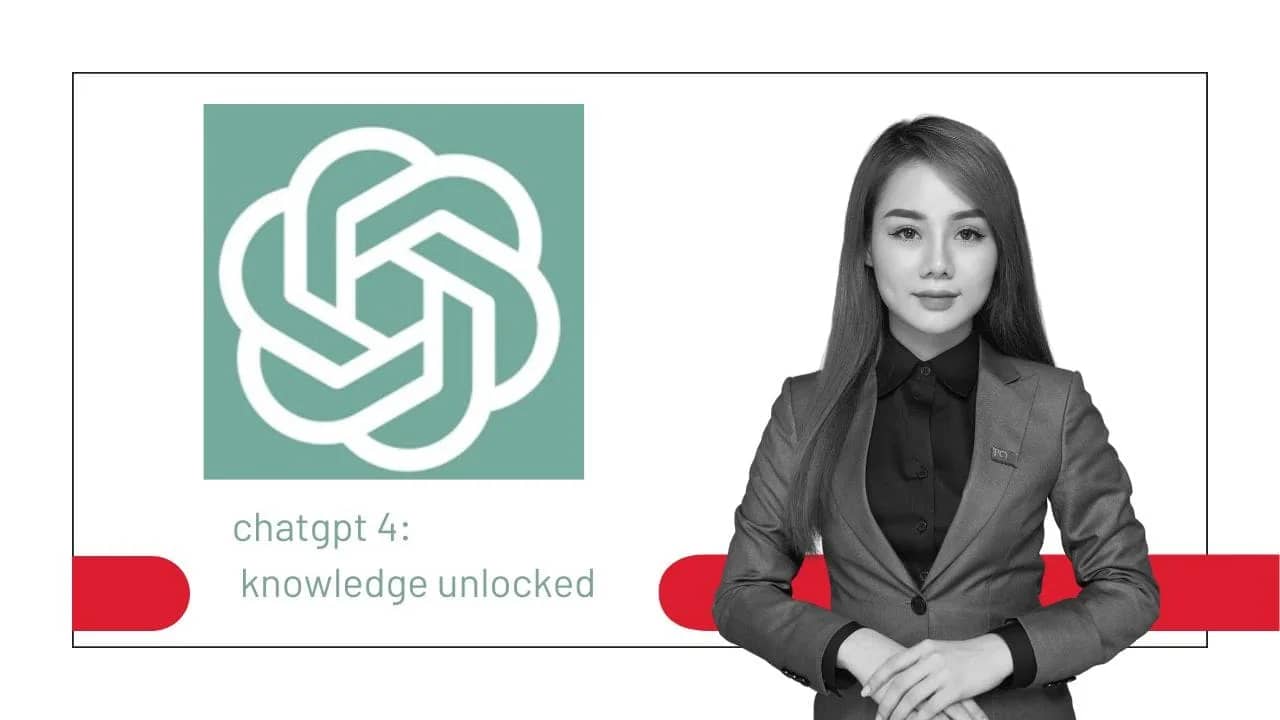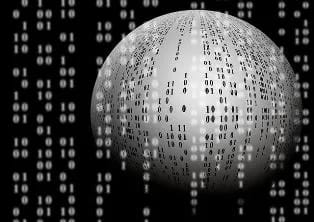JDK and JRE are both important components of the Java platform. Let me explain each one:
JDK (Java Development Kit): The JDK, or Java Development Kit, is a software development kit that provides the tools necessary for developing Java applications and applets. It includes the Java compiler, which translates Java source code into bytecode, and a variety of development tools such as debuggers, profilers, and documentation generators. The JDK also contains a complete set of libraries and APIs (Application Programming Interfaces) that developers can use to build Java applications.
In summary, the JDK is primarily used by developers to create, compile, and debug Java applications. It provides all the necessary tools, libraries, and documentation to facilitate Java software development.
JRE (Java Runtime Environment): The JRE, or Java Runtime Environment, is a software package that allows you to run Java applications on your computer. It consists of the Java Virtual Machine (JVM), class libraries, and other components required to execute Java programs. The JRE does not include the tools and utilities that developers need for creating Java applications; it is meant for end-users who want to run Java applications on their machines.
When you install the JRE on your computer, it provides an environment where Java applications can be executed. The JRE takes care of interpreting and executing the Java bytecode, providing the necessary runtime support and resources.
To summarize, the JRE is used by end-users to run Java applications. It provides the necessary runtime environment, including the JVM and libraries, without the development tools available in the JDK.
In practice, if you are a developer, you typically need to install the JDK on your machine to write, compile, and test Java code. However, end-users who only want to run Java applications can install the JRE, which provides the runtime environment without the development tools.


